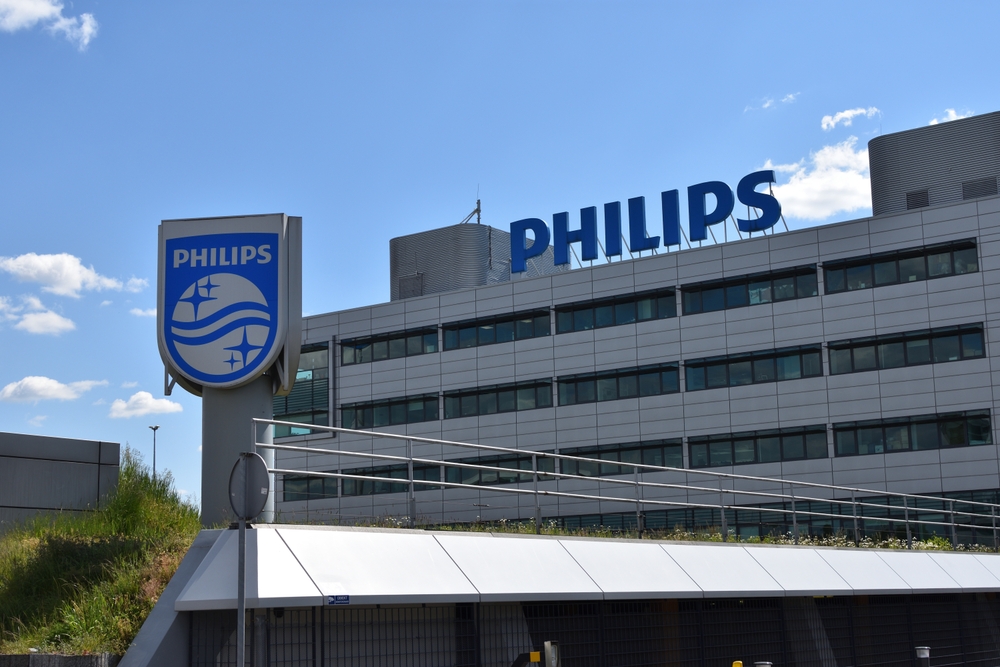Philips Respironics will pay $1.1 billion to people who used the company’s CPAP, BiPAP, and ventilator devices and suffered injuries from foam degradation. The settlement, announced earlier this week, will resolve thousands of CPAP lawsuits from people injured after using Philips DreamStation machines. Philips did not admit fault or liability with the settlement. Last year, the manufacturer agreed to a $479 million partial settlement to cover reimbursements for people who used the devices and vendors who provided replacements. That settlement didn’t address personal injury claims.
These aren’t the only repercussions Philips has faced for its defective machines, which have been linked to at least 561 deaths by the U.S. Food and Drug Administration (FDA). Last month, Philips reached an agreement with the Department of Justice to stop producing sleep apnea devices until the company changes its safety measures. The government says that Philips violated the Federal Food, Drug, and Cosmetic Act (FDCA) during its manufacturing process and requires the company to hire independent experts to inspect its facilities for five years. Additionally, Philips must continue offering refunds and replacements to consumers who purchased faulty devices. The consent decree will impact Philips’s standing as a leading manufacturer of sleep apnea machines in the U.S.
Philips Recall
Sleep apnea is a condition that affects millions of Americans. The disorder is characterized by breathing stopping and starting repeatedly during sleep. When left untreated, sleep apnea can cause complications like depression, fatigue, and headaches. The potential long-term effects are even more serious — untreated sleep apnea is linked to a higher risk of death. The top treatment for sleep apnea is a continuous positive airway pressure (CPAP) machine. These devices provide a constant air stream through a facial mask, preventing the airway from collapsing. CPAP users often notice immediate relief after using the devices, which explains their popularity. But millions of life-saving machines contained a serious defect.
In 2021, Philips issued a recall for five million CPAP, BiPAP, and ventilator machines. The recall was prompted by reports that a foam used for sound abatement in these devices could degrade and be inhaled, potentially exposing users to toxic chemicals as they slept. The chemicals released when the foam degrades include known carcinogens associated with kidney and liver cancer. Inhaling these foam chemicals has been linked to asthma, pneumonia, and infections. The FDA has received over 100,000 complaints since the recall was first announced. Furthermore, additional Philips devices were recalled in 2022 and 2023 for electrical problems and the risk of catching fire.
The initial recall of the CPAP, BiPAP, and ventilator machines in 2021 put many users in a difficult position. Philips took an extended period to replace some of the machines, leaving patients with a tough choice ––continue using faulty machines or face the health risks of untreated sleep apnea. Insurers typically do not replace sleep apnea devices until they are at least five years old, which means that users would have to bear the cost of replacement themselves. This situation forced some patients to continue using the machines, despite being aware of the potential risks.
Filing a Personal Injury Lawsuit
In the three years since Philips announced its first recall, thousands of people have filed lawsuits against the company for failing to warn users of the potential dangers of its sleep apnea machines. There’s evidence that Philips knew of complaints about the foam disintegrating for over a decade before issuing a recall. The $1.1 billion set aside by Philips will settle these claims and future lawsuits. Philips also agreed to pay $25 million to cover medical monitoring costs. In 2021, CPAP lawsuits were consolidated into multidistrict litigation in Pennsylvania to streamline the process.
The lawsuits against Philips seek damages for economic damages like medical bills, lost wages due to medical treatment, and future medical expenses. They also cover non-economic damages, including mental anguish, loss of enjoyment of life, and pain and suffering. These losses aren’t easily quantifiable, but an attorney can help determine an adequate figure to ask for. If you used a recalled Philips device, a lawyer can help determine whether you qualify for filing a claim.
When choosing a CPAP attorney, asking them questions is important to ensure they’re a good fit. You should find out whether they offer free consultations — many attorneys do — and use that as an opportunity to learn more about them. Ask whether they’ve handled similar cases in the past and whether you’re expected to pay fees upfront. (Many product liability attorneys handle cases on a contingency-fee basis, which means they don’t get paid unless they win a settlement for you.) It’s essential that you move quickly — Philips said in its settlement announcement that eligible individuals must sign up within six months from the settlement date.










